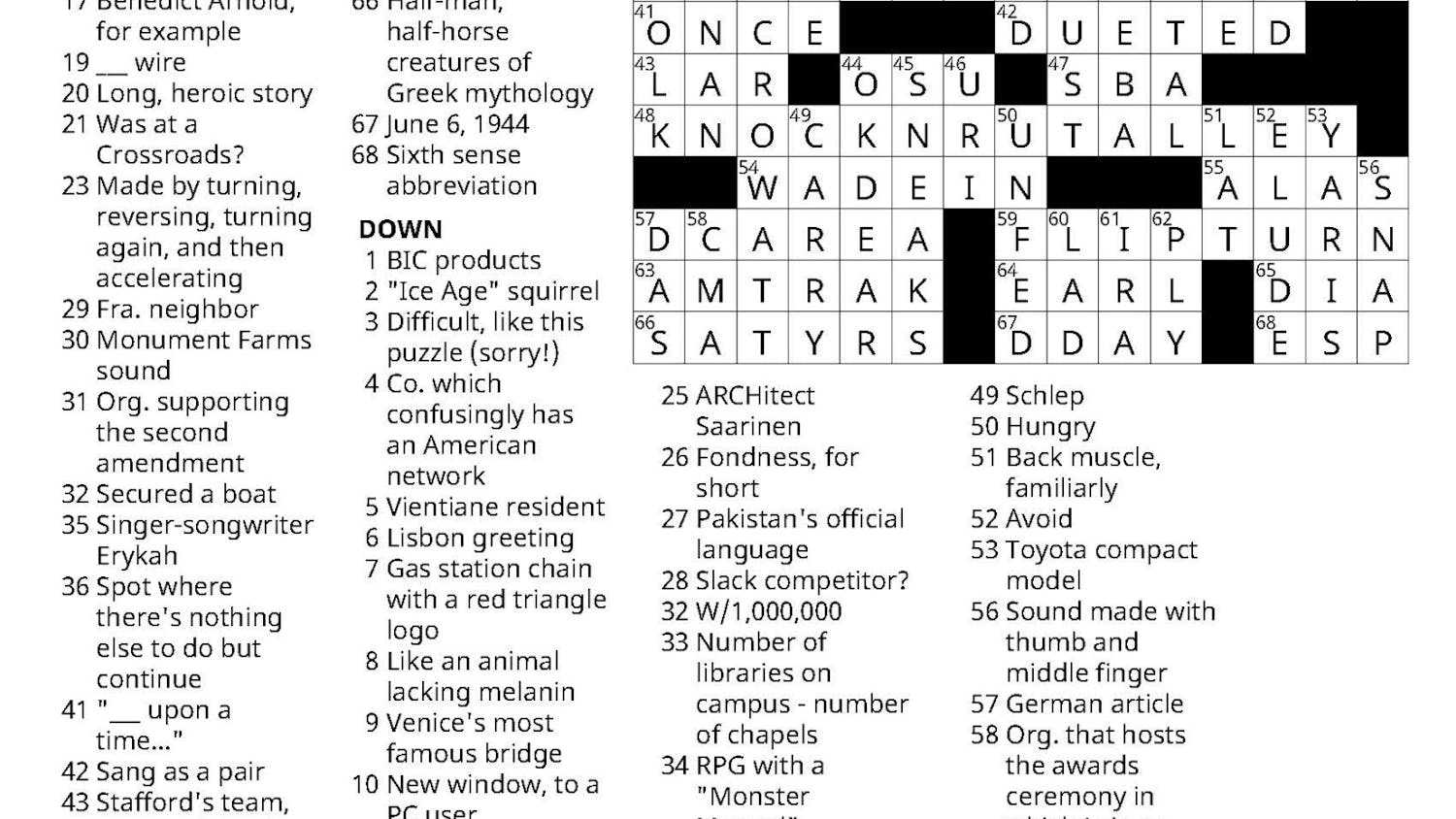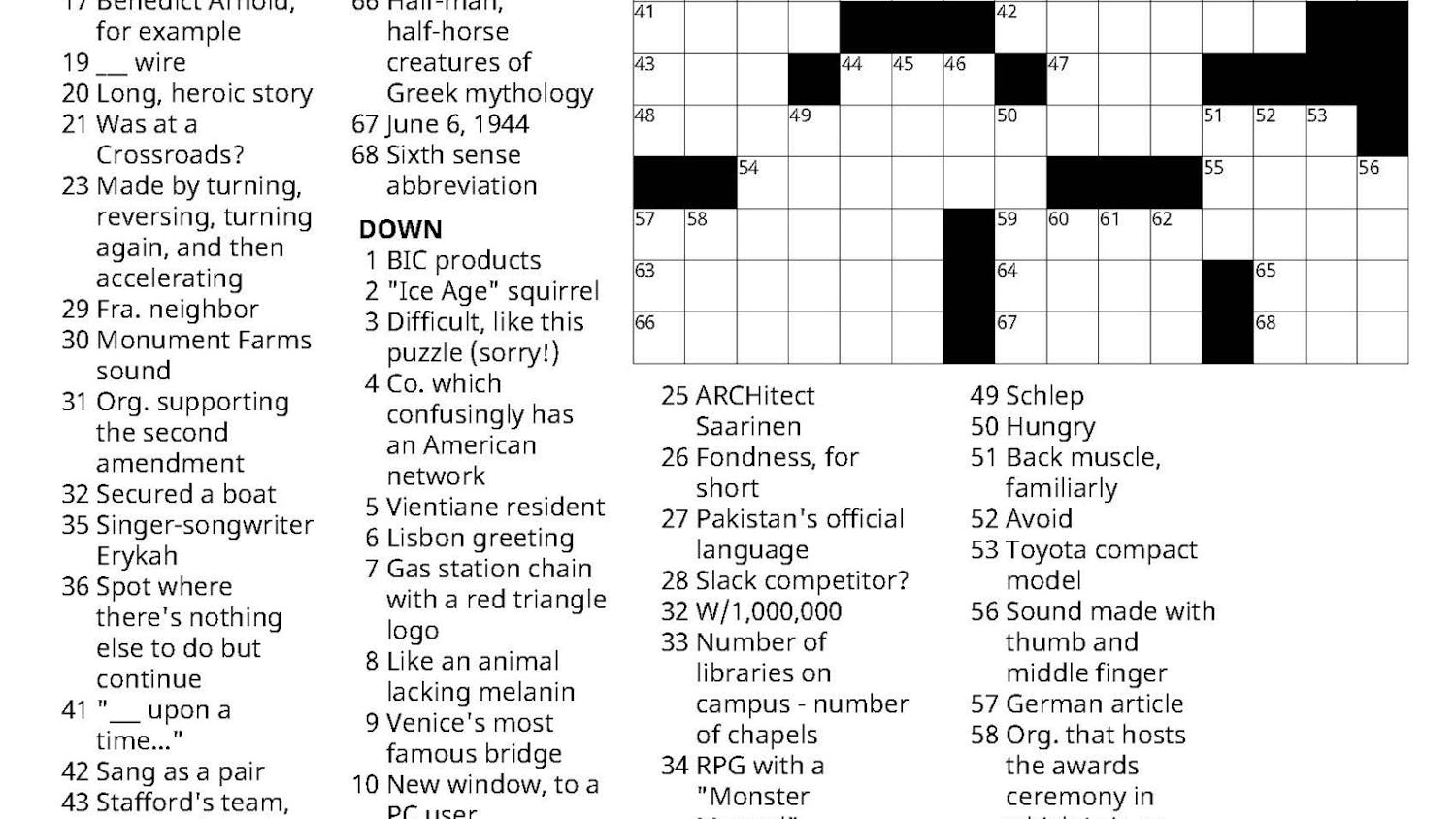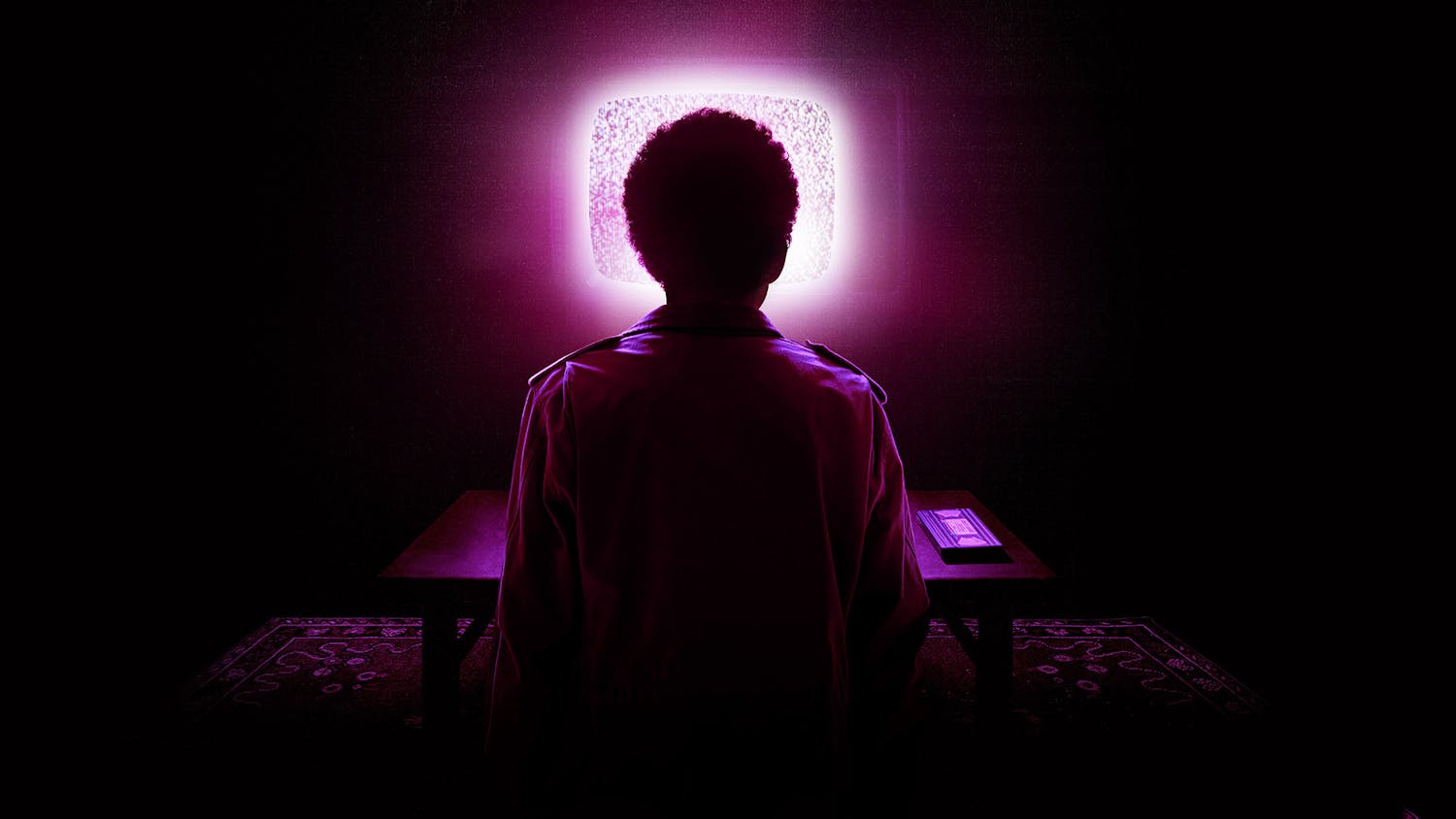Artist |Deerhunter
Album |Halcyon Digest
From the opening bass rumbles of “Earthquake,” we are shaken (how much depends on how loud you crank the volume) out of ourselves and brought to the idyllic past: Deerhunter’s “Halcyon Digest.” The album’s title is satire, though; Bradford Cox, Deerhunter’s frontman, comes from a past that is far from idyllic, and he isn’t afraid to paint this past with disturbing details.
In fact, Cox is so eager to involve the listener in his earlier days that he opens the album with a question, “Do you recall waking up on a dirty couch in the grey fog?” Well, I don’t. But I still get the point: Cox paints an exceptionally gloomy, grey vacuous youth, and I feel for him. And how couldn’t I? The production on the album is so careful, the sonic expanses so full, that I am struck by the juxtaposition between the beautiful cyclicality of the music and the haunting images embedded in the lyrics.
This dynamic — the unrelenting tension between lyric and music — makes the album a success. In this way, “Halcyon Digest” shows Cox accepting a feeling of nostalgia no matter how bad things actually were. He is coming to grips with the halcyon days of youth — the good ol’ days, an era of no responsibility. Indeed, Cox bluntly expresses this coming to terms in “Sailing,” a song that features only the front man: “Learn to accept whatever you can get.”
“Sailing” plays as one of the more intimate songs on the record, as Cox speaks to us without overwhelming bass, textured loops and big drums. The song only uses a repetitive guitar riff and whispering, bubbling electronics to emphasize Cox’s personal and incredibly honest emotional account. These slow moments are at odds with songs like “Coronado,” which features an upbeat pop ensemble complete with flamboyant saxophone solos. The lyrics, though, remain dark. In the opening line, Lockett Pundt, the other singer/guitarist in Deerhunter, belts, “I was sick, I was dead.” The contrasting moods combine to make some eerie pop.
At the meeting point of upbeat pop and lyrical sadness, Cox emerges as an ultimately despondent and apathetic figure — a troubled rocker with a good sense of melancholy. In “Memory Boy,” Cox uses a blaring harmonica and looped guitars to achieve a hypnotic, psychedelic pop sound. And, again, the lyrics remain at odds with the halcyon days: “It’s not a house anymore.” Our comfort — the home — is lost as we identify with Cox’s sometimes frail and sometimes assured lyrical delivery.
At other points in the album, we are lost in the whirled loops that Cox spontaneously creates with bright guitars and breathy croons. “Desire Lines” especially creates this whirlwind of sound, peaking noisily towards the end of the track like “Nothing Ever Happened,” off Microcastle. Though the crescendo of guitar licks isn’t as profound as in that career highlight, the song still achieves a big sonic landscape out of repetitive melodies. And “Earthquake,” the album opener, has a groovy bass riff that, coupled with vocal and guitar loops, makes for the most ethereal moment on the album.
The incredible dreaminess in “Earthquake” serves as proof that Halcyon Digest is Deerhunter’s most carefully produced album to date. This quality, though, comes at the cost of less guitar experimentation. Still, the album is the band’s cleanest and most accessible effort. Short pop tunes like “Revival” and “Fountain Stairs,” for instance, are upbeat and fun to sing along to. They also add the stylistic variety that keeps the album fresh — making it easy to return to for repeated listening. And drawn by this freshness, Halcyon Digest is becoming my favorite Deerhunter album the more I listen to it.
For the Record - 11/4/10
Comments



